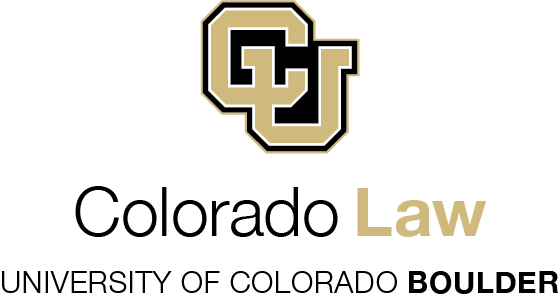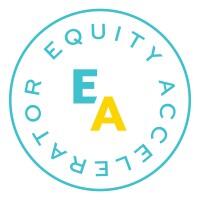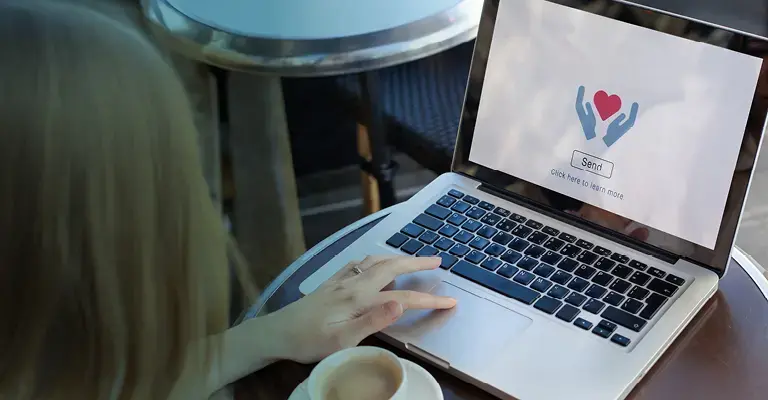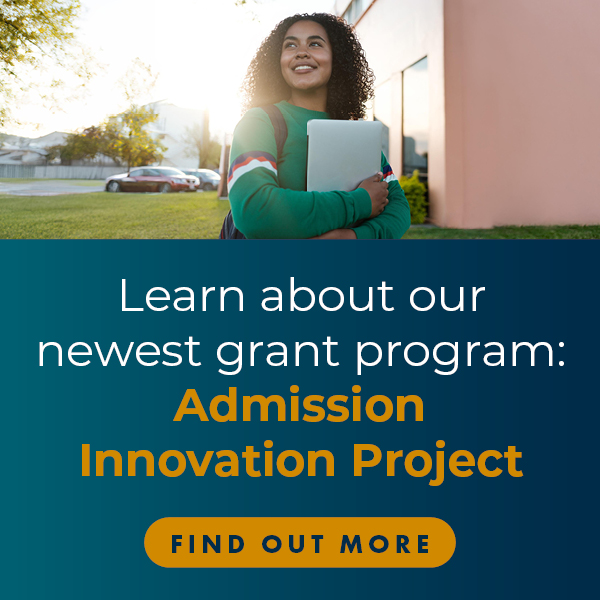Since launching our grantmaking activities in 2014, we have awarded over $26.4 million in support of our research priorities: access, affordability, and the value of legal education.
Awarded Grants
Grant Program
Grant Status

Bowie State University
Prelaw Society: Prelaw Pathway Initiative
The Prelaw Society at Bowie State University supplements the Prelaw minor curriculum through activities that provide a supportive community. Through advising, workshops, networking opportunities, scholarly forums, and mentorships with judges, faculty, and attorneys, the program equips students from all majors with the knowledge, skills, disposition, and connections necessary for success in the legal field. The Prelaw Society empowers students with a solid foundation for their future legal careers.

University of Colorado Law School
Colorado Pre-Law Pathway Partnership (CPPP)
This collaboration between the University of Colorado Law School (CU Law) and Metropolitan State University of Denver (MSU), a Minority Serving Institution, seeks to increase matriculation into law school by MSU undergraduates from underrepresented racial, ethnic, and socioeconomic backgrounds. The Program uses a differential treatment methodology to grow the knowledge base about pre-law supports through a novel, long-term intervention focused on student awareness, engagement, and belonging.
![Institute for the Advancement of the American Legal System, University of Denver [logo]](/sites/default/files/styles/image_fallback/public/2025-02/IAALS_DU_Logo_Vertical_Color.png?itok=B97ODZtP)
University of Denver and the Institute for the Advancement of the American Legal System (IAALS)
Pathways to Legal Licensure: Individualized and Comparative Outcomes
The purpose of this research is to gain an empirically grounded understanding of the degree to which both exam-based and performance-based approaches to legal licensure are valid, reliable, fair, aligned with curriculum, and feasible — as well as the degree to which these pathways achieve their own stated goals. Findings of this study will support development of robust legal licensure ecosystems across the country.

Association of Law School Diversity Professionals
ALDIP Educational, Training and Support Programs
This grant will support the expansion of educational services offered by the Annual Meeting of Law School Diversity Professionals (“AMDiP”) and the formation of the Association of Law School Diversity Professionals (“ALDiP”), where stakeholders can access the collective knowledge, information and community needed to succeed within DEI practice. ALDiP will focus on three core initiatives: (1) education and training, (2) organizing and thought leadership, and (3) mentoring and support.

National Center for Civic Innovation on Behalf of Equity Accelerator
Enhancing the EA’s Productive Mindset Intervention and Disseminating Multi-Year Program Findings
The grantee’s Productive Mindset Intervention targets test-takers’ concerns about stress, belonging, and potential to help them interpret challenges associated with preparing for the exam in more adaptive ways. The Program encourages test-takers to reinterpret challenges as common and surmountable, as signs of learning (not failure), and as helpful indicators of where effort and attention could be productively applied. Under this grant, the grantee will: 1) enhance and implement its Productive Mindset Intervention on the California bar exam in July 2025, February 2026, and July 2026; 2) finalize analyses and disseminate comprehensive findings on the program’s multi-year impact; 3) prepare a specialized report for AccessLex focusing on bar exam repeaters. 4) conduct in-depth analyses and disseminate findings on bar passage predictors.
The Law College Association of the University of Arizona (LCA) on behalf of the James E. Rogers College of Law
Expanding Bar Admission Pathways to Fill Access to Justice Gaps in Arizona
The Arizona Supreme Court has recently adopted the Arizona Lawyer Apprentice Program as a supplemental bar licensure pathway that will address general state needs for more lawyers and respond to the pervasive challenges of access to justice, including legal deserts in rural Arizona. This approach, combining alternative licensure and advanced training, could become a model for other states and builds on Arizona’s long tradition of legal innovation, including access to justice reforms.

New York Law School
Empirical Study of Use of Students’ Prior Knowledge & Experience in Law School Teaching & Learning
We propose an extensive empirical study to provide unique insights into the effectiveness of convergent teaching in American law schools. We aim to achieve important insights for teaching, faculty recruitment and development to help students from a diverse range of backgrounds succeed in law school, pass the bar examination, and achieve successful legal careers. We would also establish an innovative multidisciplinary Center to disseminate and assist in implementing study findings nationally.
University of San Diego School of Law
University of San Diego Bar Exam Study Stipend Program
The University of San Diego (USD) Bar Exam Study Stipend Program helps recent graduates with expenses during bar study. For two years, USD ran a stipend program for graduates who were planning to work at a job during bar study, providing $4,500 for expenses if they agreed to not work, to complete substantially all of their bar course, and to meet with a bar success counselor. USD is planning to expand the program to include students at risk for failing the bar exam, regardless of work plans.

CUNY Law Pipeline to Justice Program
The City University of New York (CUNY) Law seeks to assess and expand its innovative and successful Pipeline to Justice Program. It is a cutting-edge, holistic, and immensely successful nine-month program that expands access to legal education. The overarching purpose for the grant and partnership is 1) to expand the size of the Pipeline to Justice Program and 2) collect and analyze data for comprehensive assessment to improve, share, promote, and scale the program.



